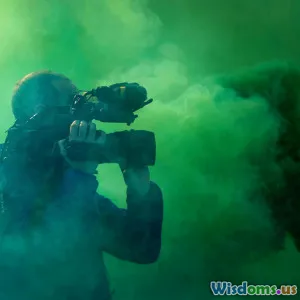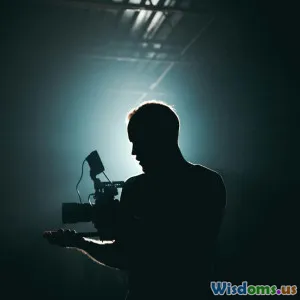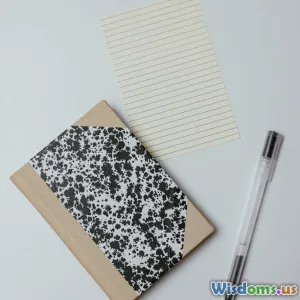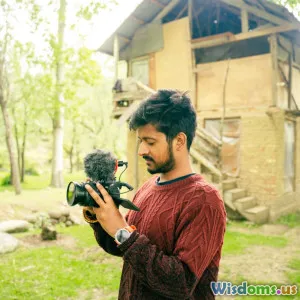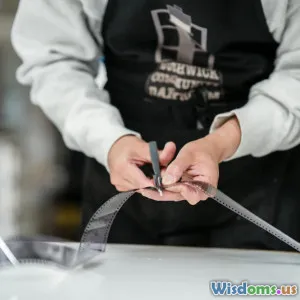
From Instagram to Gallery Walls Photographers Who Made the Leap
7 min read Explore how photographers transitioned from Instagram feeds to prestigious gallery walls, transforming their digital presence into artistic acclaim. (0 Reviews)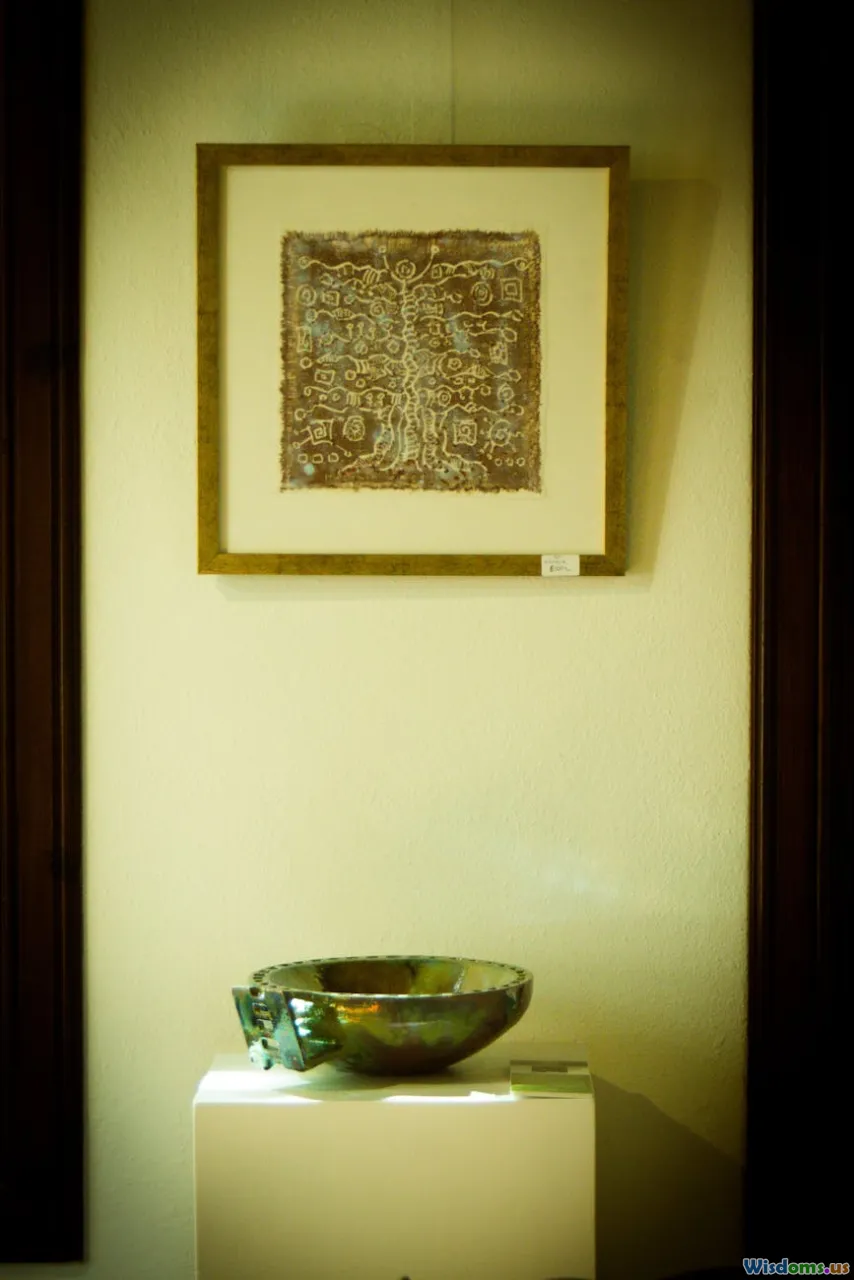
From Instagram to Gallery Walls: Photographers Who Made the Leap
Photography as an art form has endured centuries of transformation, from traditional darkrooms to the digital revolution. In the last decade, Instagram has emerged as a vibrant, democratized platform for photographers seeking recognition. But can this ephemeral digital showcase translate into the reverence of gallery walls? Today, we explore the journey of photographers who have successfully made that leap—from pixels on a screen to framed exhibitions in notable galleries.
The Digital Era: Instagram as a Launchpad
Instagram, launched in 2010, rapidly became the world's visual diary. With over one billion monthly active users by 2023, it offers photographers a powerful tool for audience engagement, portfolio presentation, and networking.
Democratizing Exposure
Unlike traditional photography exhibition routes, which often require gallery connections or expensive portfolios, Instagram allows anyone to present their work globally — instantly and free. This democratization sparked creative innovation and visibility for many emerging photographers.
For example, rising photographer Alex Prager used Instagram to showcase her distinct cinematic style, which contributed to her later representation by high-profile galleries.
Building a Personal Brand
Instagram also encourages photographers to craft a personal narrative around their images, cultivating loyal followings. Street photographer Vivian Keppler's consistent thematic portrayal of urban solitude helped her attract not only millions of followers but also the attention of galleries seeking fresh urban perspectives.
Bridging the Gap: From Digital Likes to Physical Prints
Despite Instagram’s popularity, transitioning to gallery spaces entails several critical considerations.
Curatorial Standards and Physical Medium
Galleries demand prints that translate digital images into tangible art. This often involves mastering print quality, selecting archival materials, and understanding framing aesthetics. Photographers must move beyond JPEGs, considering texture, scale, and presentation to maintain integrity and impact.
Storytelling With Series and Themes
Unlike the casual consumption of social media feeds, galleries value cohesive narratives or themes. Photographers like Mieke Boynton, who found acclaim for her introspective portrait series on social identity, crafted unified exhibits that resonated deeply with audiences and critics alike.
Networking and Market Navigation
Making the leap also relies on relationship-building—connecting with curators, artists, and collectors. Instagram facilitates initial introductions, but photographers must strategically engage with the art world’s structures—from submitting work to juried shows to attending gallery openings.
Case Study: Instagram to Gallery Success Stories
Martin de Pasquale: Food Photography Fine Art
De Pasquale amassed over 700k Instagram followers through his experimental food photography. Recognizing demand beyond digital exposure, he collaborated with galleries in New York and Paris, showcasing large-scale prints emphasizing texture and color vibrancy. His exhibitions attracted both food lovers and art enthusiasts, blurring genres to groundbreaking effect.
"Instagram gave me access and feedback I never imagined, but the gallery space allowed my work to breathe and find new meaning," Martin remarked in a 2022 interview.
Sorelle Amore: The Selfie Queen to Gallery Artist
Starting with a vibrant Instagram following centered on self-portraiture and travel, Amore transitioned into gallery exhibitions by deepening her conceptual approach. She created curated exhibits exploring identity and self-representation, inviting viewers to reflect beyond the digital facade.
The Impact of COVID-19 on Virtual to Physical Movement
The pandemic initially stalled physical gallery shows; yet, it accelerated hybrid exhibition models combining Instagram’s digital reach with virtual and in-person gallery innovations. For many photographers, livestreamed openings and augmented reality displays bridged the gap, expanding their global audience.
Strategies to Make the Leap
Develop a Cohesive Body of Work
Rather than disparate images, galleries look for well-thought-out series exploring themes, concepts, or techniques.
Invest in Print Quality and Presentation
The tactile and visual qualities of prints matter. Consulting with print labs skilled in fine-art archival printing is crucial.
Cultivate Industry Relationships
Attend events, collaborate on projects, and engage with curators and fellow artists beyond social media.
Leverage Instagram to Demonstrate Engagement and Sales Potential
A strong, interactive Instagram presence signals market interest to galleries and collectors.
Conclusion: Instagram as a Gateway, Not a Destination
Instagram emblemizes both opportunity and challenge for photographers. While it democratizes visibility, the transition to gallery walls demands strategic effort, artistic maturation, and professional networking. Those who understand the nuances of print, narrative cohesion, and the art market can turn their scrollable digital portfolios into palpable, lasting legacies.
The stories of photographers like Alex Prager, Martin de Pasquale, and Sorelle Amore illustrate a pivotal truth: social media can open doors, but the gallery walls await those who dare to print their visions for the world to experience, beyond the screen.
Embracing this leap requires confidence, adaptability, and a deep passion for photography as art—qualities any ambitious creator can cultivate. So whether you're a beginner snapping photos for Instagram or an established shooter dreaming of gallery shows, the path is navigable. Start with strong images, nurture your audience, learn the craft of fine art presentation, and prepare to see your work transcend pixels into timeless exhibits.
Rate the Post
User Reviews
Popular Posts

















